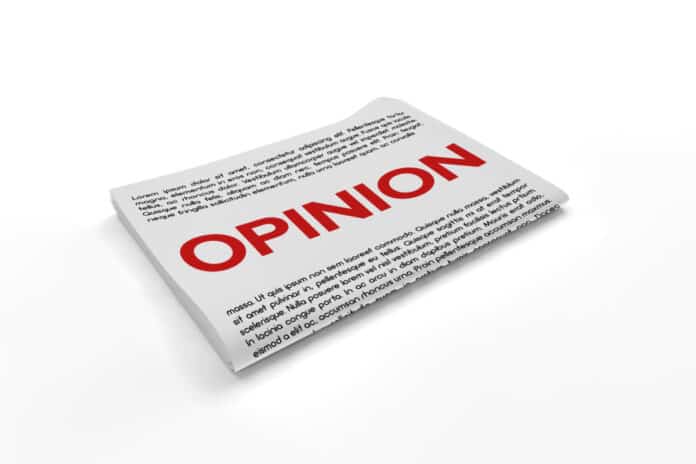The Detroit News
Assertions about actions taken by Gen. Mark Milley in the final days of the Trump presidency are serious enough to merit vigorous inquiry, and possibly an investigation, by both Congress and the Justice Department.
First, however, we need to hear from the chairman of the Joint Chiefs of Staff, who is to testify before the Senate Armed Services Committee on Sept. 28.
In the new book “Peril,” Washington Post journalists Bob Woodward and Robert Costa claim Milley engaged in secret conversations with his military counterpart in China regarding fears that President Donald Trump would mount a military strike, perhaps even a nuclear launch, against the Chinese before he left office. Milley hasn’t denied this.
The authors say Milley had concerns about Trump’s mental stability, and they worried the then-president’s harsh rhetoric would be misinterpreted.
Milley, according to the book, was informed by intelligence that China feared an attack, so he told the head of China’s military in calls in October and after the Jan. 6 Capitol riots that the United States was not planning any action against China.
The initial reassurance could well have fallen under Milley’s responsibilities, and may have come at the direction or approval of Former Defense Secretary Mark Esper, whom Trump fired on Nov. 9. Esper was followed by Christopher Miller, as acting secretary of defense, who has stated he did not direct or approve such calls. He has called upon Milley to resign.
Conducting foreign policy is not within the purview of the chairman of the Joint Chiefs, whose core responsibility is to advise the president. Congress must determine whether Milley had approval to make such calls from within the Trump administration.
Pledging to warn a potential enemy of a coming attack is another matter and one that merits further scrutiny. Trump has acknowledged that an attack against China was never being considered.
All this was done, the book contends, without Trump’s knowledge. What’s yet to be clear is whether his actions were dictated or approved by Trump’s civilian-led departments.
If presented accurately, and his actions weren’t approved, these claims may suggest a serious constitutional breach on Milley’s part, and could be read as an attempt to undermine presidential powers.
Also discussed in the book is an alleged meeting Milley held with his senior staff, during which he reiterated the protocols for a nuclear launch; reminded them that Milley was a critical part of that process; and extracted an oath from each one that they understood and would comply with that process before carrying out orders to launch a military attack.
Under the Constitution, the military is subservient to the civilian government. As chairman of the Joint Chiefs, Milley’s responsibility is to serve the president.
If the chairman believes the president is acting illegally or irrationally, there are appropriate avenues for intervening, including alerting the Cabinet to the concerns.
While what Milley did may not rise to treason, as Trump and other Republicans charge, his actions may constitute an unconscionable breach of protocol.
That’s why Congress must discern what happened, and further investigation may be warranted, particularly since Milley continues to serve as the nation’s top military officer.





